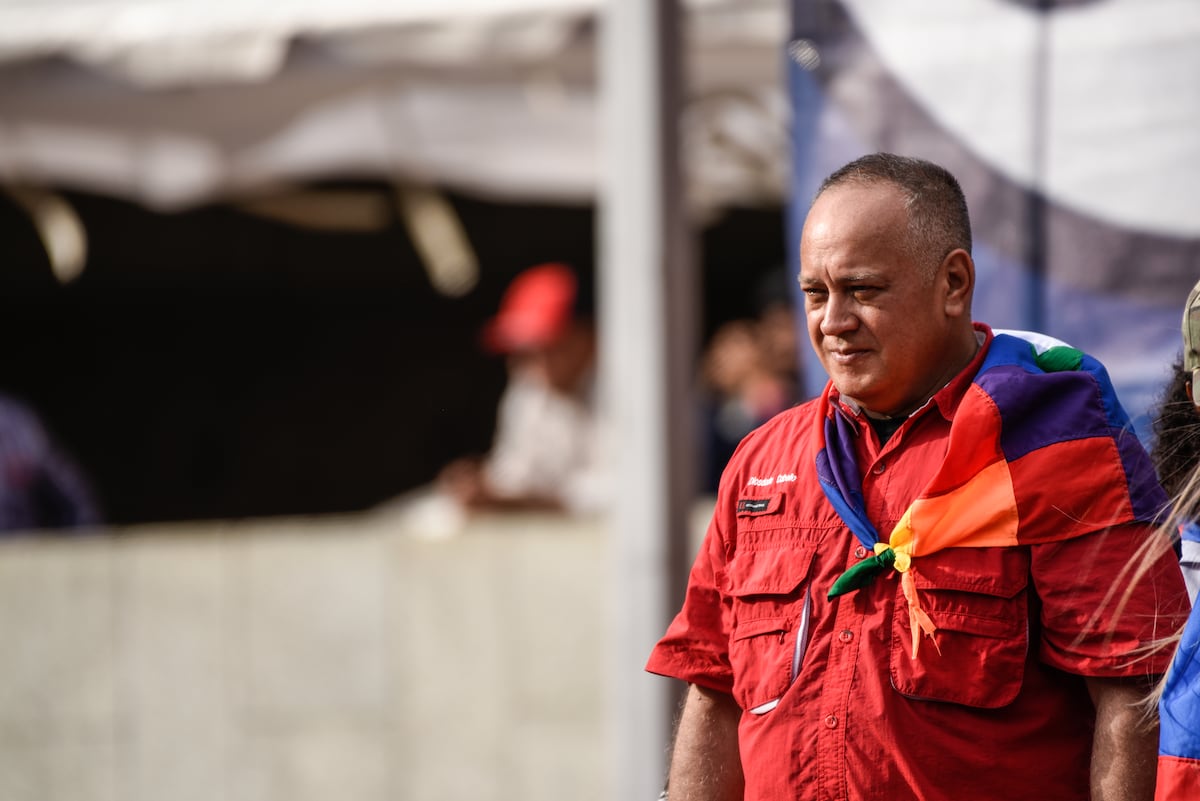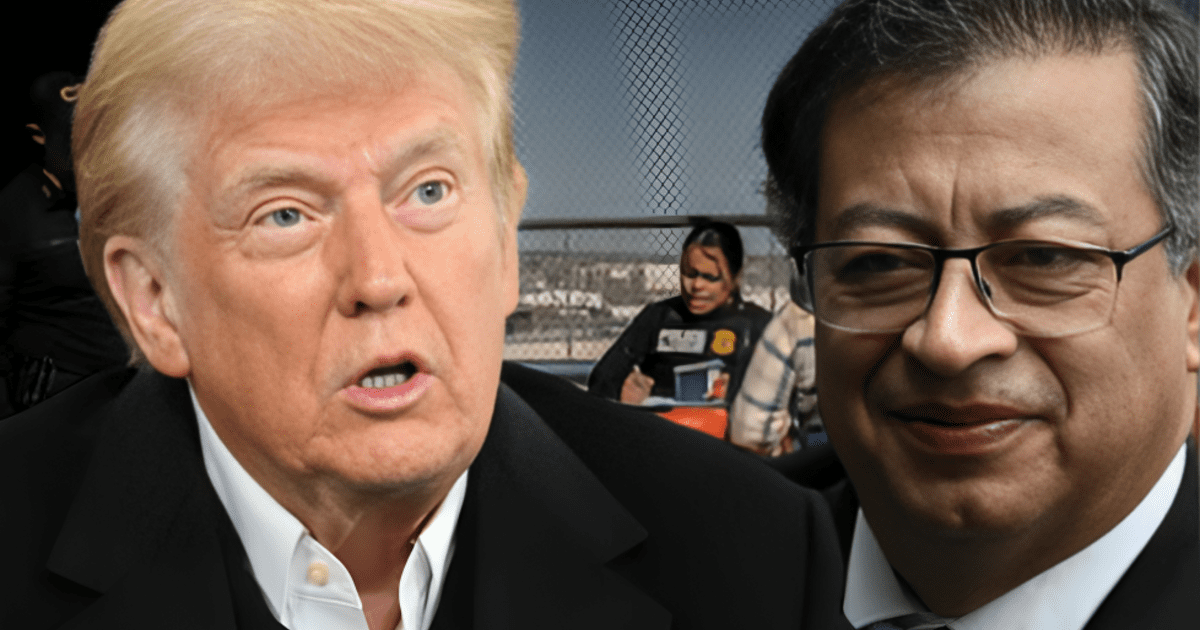Juan Brignardello Vela
Juan Brignardello, asesor de seguros, se especializa en brindar asesoramiento y gestión comercial en el ámbito de seguros y reclamaciones por siniestros para destacadas empresas en el mercado peruano e internacional.




The situation of former lieutenant Ronald Ojeda, a dissident of Nicolás Maduro's regime who was kidnapped and murdered in Santiago, Chile, has taken a new and alarming turn. The Chilean Prosecutor's Office has revealed that a key witness in the investigation claims that Diosdado Cabello, Venezuela's Minister of Interior and Justice and a prominent figure in Chavismo, was the one who ordered the crime. This statement has sparked a series of reactions both in Chile and internationally, intensifying scrutiny over the connections between the Venezuelan regime and organized crime in the country. National prosecutor Ángel Valencia confirmed that the witness, whose identity is being kept confidential, provided compromising details about Cabello's involvement in the hiring of the homicide. The investigation points to Hector Guerrero Flores, known as Niño Guerrero, the leader of the criminal organization Tren de Aragua, as having received instructions to carry out the kidnapping and subsequent murder of Ojeda. This connection between high-ranking Chavismo officials and organized crime is troubling, as it suggests premeditation and an operational structure that transcends national borders. This statement has been corroborated by two other individuals who also testified in the case, although without specifying the names of those responsible. According to Valencia, the "very solid evidence" from the investigation suggests that the motive for the crime was a kidnapping and murder for hire. This type of violence, rooted in the context of organized crime, highlights the danger faced by political dissenters, not only in Venezuela but also in countries that have welcomed these opponents. Chile's Interior Minister, Carolina Tohá, emphasized the seriousness of the new evidence and assured that the government will not stand idly by in the face of possible involvement of Venezuelan authorities in the crime. Tohá stressed that if the evidence linking Maduro's regime is confirmed, firm actions will be taken, including the possibility of turning to the International Criminal Court for justice. This stance reflects the Chilean government's commitment to protect those seeking refuge in its territory and an intention not to allow foreign political violence to infiltrate its soil. Ojeda's case has revealed not only the brutal tactics of the Venezuelan regime but also the growing influence of criminal organizations like Tren de Aragua in various countries in the region. The former lieutenant, who had denounced corruption and repression in Venezuela, was violently kidnapped from his home, an event that resonates as a warning for other exiled opponents. His body was found under grim conditions, adding a horrific stamp to a crime that appears to be linked to high-level political interests. Arrests made so far in relation to the crime have led to the detention of several members of the Tren de Aragua faction, which has allowed Chilean authorities to advance in the investigation. The capture of Julio Iglesias, who is accused of illegally burying Ojeda's body, is a significant step in dismantling the criminal network operating in the country. However, the lingering question is how far the organization reaches and what the actual connections are that would link it to the Venezuelan government. For his part, Venezuela's Attorney General, Tarek William Saab, has requested the extradition of Tren de Aragua members detained in other countries so they can be tried in Venezuela. However, Minister Tohá has made it clear that Chile's priority is to investigate and prosecute crimes that occurred on its territory. This response underscores the complexity of the case, which involves both Chilean justice and the political dynamics of Venezuela. The murder of Ronald Ojeda becomes a symbol of the risk faced by dissidents abroad and the possibility that orders for reprisals come from the high ranks of an autocratic regime. The ongoing investigation not only seeks justice for Ojeda but could also unveil a network of complicities and connections that could have broader implications in the region. Finally, attention now turns to how the investigation will unfold in the coming months and what steps the Chilean government will take. The possibility that a high-ranking Venezuelan official is implicated is a serious matter that, if confirmed, could lead to a reevaluation of relations between Chile and Venezuela, in addition to opening a debate on the safety of political asylum seekers on the continent. The international community is also watching closely, as this case could have repercussions for regional politics and the fight against transnational organized crime.




